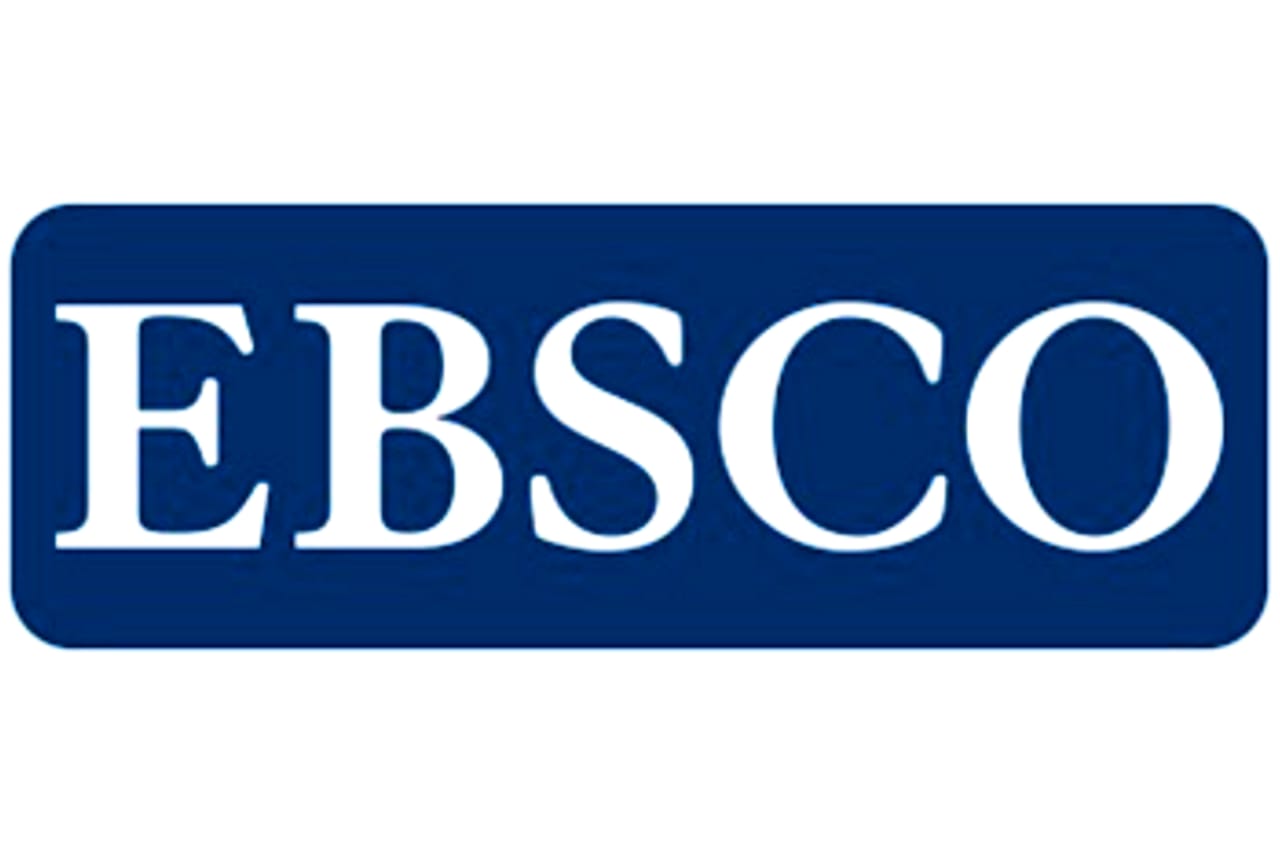MONETARY POLICY’S ROLE IN SHAPING THE FUTURE OF ISLAMIC BANKING PERFORMANCE
DOI:
https://doi.org/10.26577/FJSS.2023.v9.i1.04Abstract
The study’s goal is to define the role of monetary policy directed at achieving a sustained Islamic banking and finance development within the global financial system. The system observed the input of inflation, interest rates, and the money supply with its fruitful contribution as a feasible monetary structure in both implementing and shaping the next steps directed toward crisis prevention and crisis resolution in Indonesia. The adopted approach is using Vector Error Correction Model (VECM). Monetary policy is thought to be the main determining factor for transforming the Islamic banking performance. Money supply has a considerable impact on the return on assets both in the short and long terms. In contrast, inflation and interest rates do not significantly affect the return on assets of the Islamic Banks in Indonesia. The IRF results stated that Return on Asset positively responded to Inflation and gave a harmful exposure to the Interest Rate and Money Supply (MS). Based on the results of the VDC, the money supply has the most significant contribution to the Return on Asset, followed by the interest rates and Inflation. So Islamic banks must consider all the factors that can affect them.











